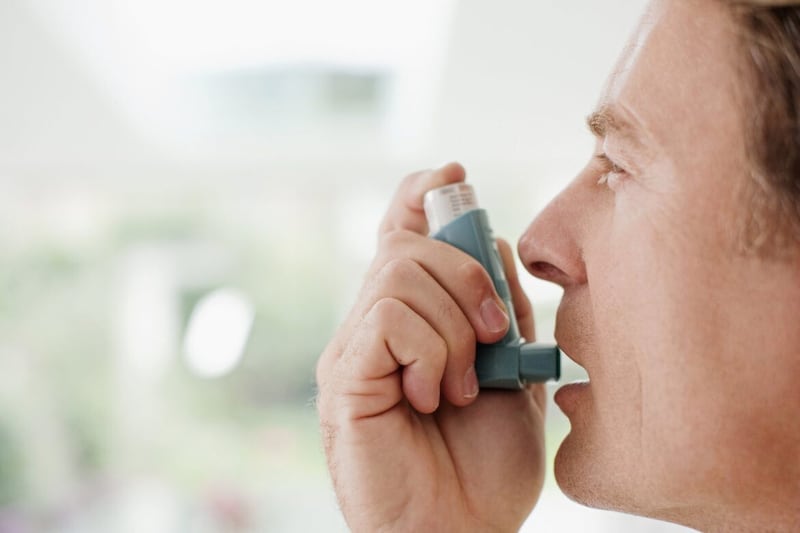Q: Fifteen months ago I had a right hip replacement. It went well, and after a couple of days the pain was gone. However, since then I’ve lost my balance and need sticks to walk around. Could the anaesthetic from the operation have had an effect on my 85-year-old brain?
MB
A: I’m sorry to hear that what sounds like an otherwise very successful operation has been overshadowed by this problem. What you’re experiencing is a common after-effect, particularly following spinal surgery or hip (or knee) replacement operations.
It is not related, as you suggest, to the anaesthesia (my brother and son are anaesthetists, so I’ve been able to canvas plenty of expert opinion on this), but it is a knock-on effect of being bedridden, albeit for only a few days.
Being less mobile than usual following surgery can often result in balance and gait problems. The theory is that disruption of normal activities has an adverse effect on proprioception, which is our sense of where our joints and limbs are and their movement.
Proprioception depends on messages running between the brain and your muscles and limbs to ensure they move in the correct order and manner. This is needed to maintain good balance.
However, this sense — which is largely controlled by the cerebellum, a small area of the brain — gradually weakens once we pass the age of 60 or so. It can also be adversely affected by excess alcohol, a brain injury or a period of relative immobility, for example as a result of a flu-like illness or surgery.
It may be that these affect the messages reaching the cerebellum, but the exact mechanism is not clear.
There is evidence that training can restore much lost proprioception. You say in your longer letter that you were referred for strength and balance classes but this has had little effect.
While you can lose your proprioceptive ability in just a few days, it takes months of training to get back to where you were, so I suggest you stick with it.
I’m also a great advocate of tai chi, which has been shown to improve lower limb proprioception. One or two sessions with a teacher each week would be ideal.

Q: My daughter, 33, can’t go three or four weeks without getting a cold, cough and chest infection — she hacks and hacks until her chest and neck feel like they’re on fire. The doctor said her lungs are wet and gave her an inhaler. I am panicking that this is serious.
PC
A: Please try not to worry — it sounds as if your daughter’s condition is not more serious than you’ve been told. But her history does make me wonder if she has asthma.
This is essentially inflammation of the airway. Typically, it involves four classic symptoms: wheezing, coughing, shortness of breath and a sense of tightness in the chest.
These will not necessarily occur all the time. Viruses can trigger asthma symptoms. But viruses can also cause symptoms that mimic asthma, such as wheezing and coughing.
For that reason I am in agreement with the doctor that your daughter needs to try using a steroid inhaler regularly to suppress any inflammation, as well as a salbutamol or salmeterol inhaler to open up the airways.
She should also have a spirometry test, which involves breathing into a tube to assess lung function.
She needs to use the inhalers for at least six to eight weeks. If they work, this will help confirm the underlying asthma diagnosis.
Given the frequency of her infections, it would be a good idea for her to have a blood test, too.
One possibility, although rare, is that she doesn’t have enough immunoglobulin A (IgA), an antibody that’s part of the protective mechanism in the mucous membranes lining the nose, sinuses and lungs.
Treatment is with regular injections of the antibody. I suggest she talks to her GP about the inhalers and further investigations.
© Solo dmg media








